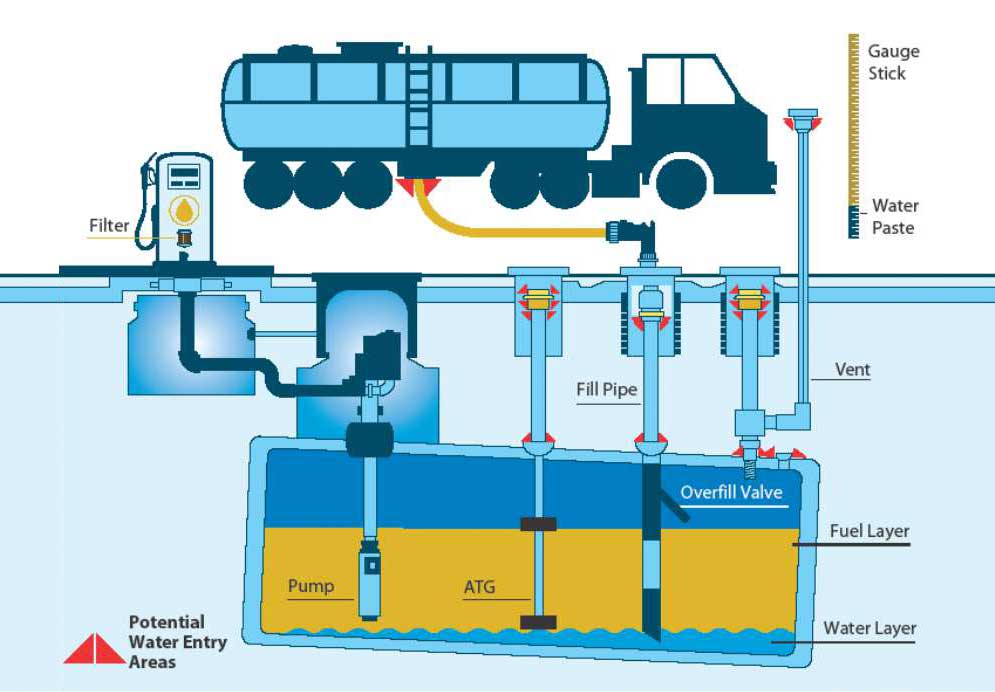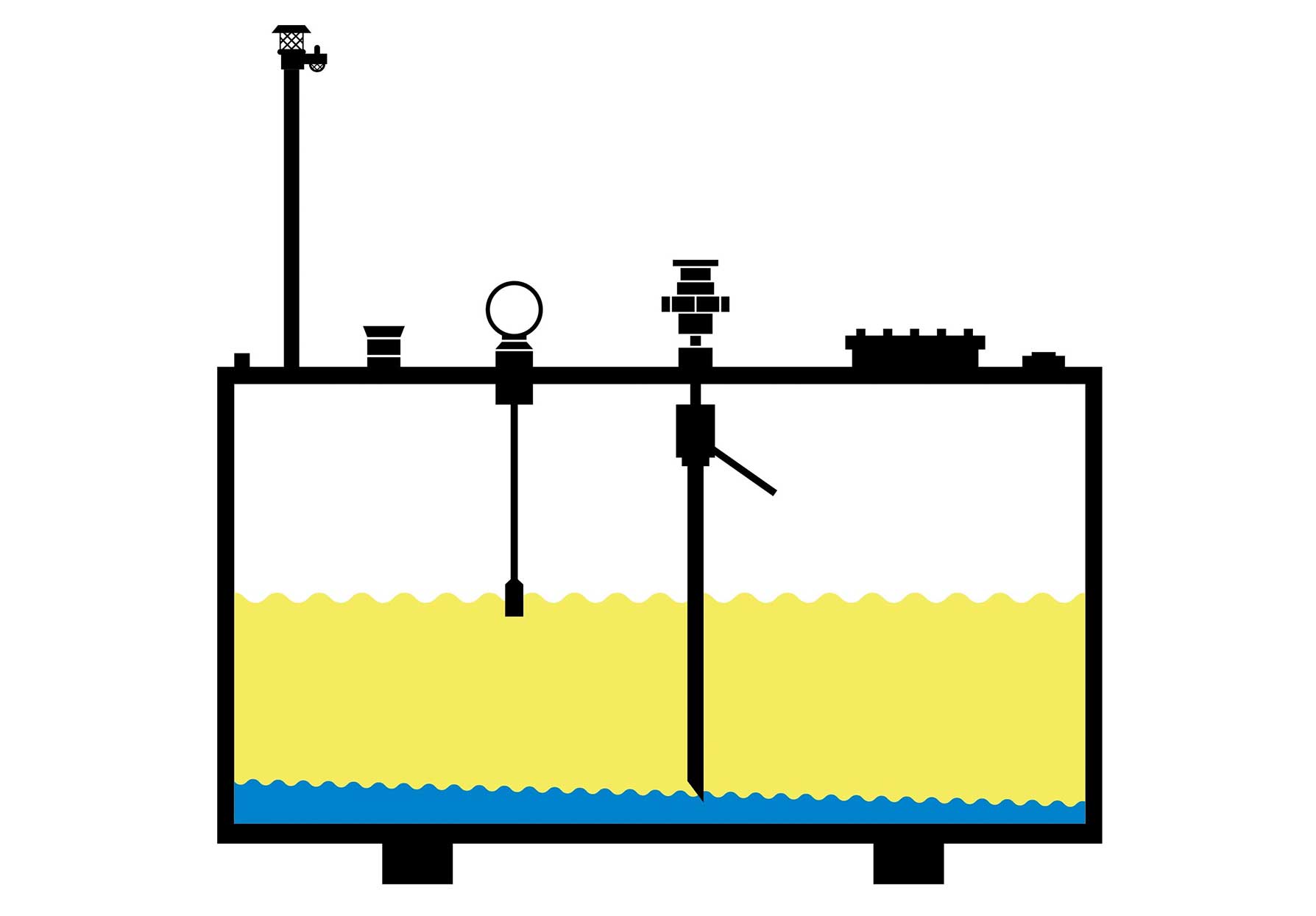Resources
Generator Tank Maintenance
FEATURED AFFILIATE
Blastech Mobile has the most advanced plate processing operation currently available in North America. Coupled…
By continuing to browse the site you are agreeing to our use of cookies and similar tracking technologies described in our privacy policy.
Poor operations and maintenance procedures for monitoring and removing water from storage tank systems can lead to a number of risks, from fuel quality degradation and resulting poor performance, to microbial contamination and damage to the entire storage system.
All storage tank systems, both underground and aboveground, constructed of any material, and storing nearly any product—gasoline, diesel, residential and commercial heating oils, aviation jet fuel, and others—may be affected.
The potential for damage applies not only to the tank, but also to the entire storage system. And these risks can affect your profits.
Today’s fuels are more susceptible to moisture separation and accumulation. Also, removing lead from gasoline and sulfur from diesel has had the side effect of allowing microbial growth to occur more readily, uninhibited by lead and sulfur.
Ethanol and biodiesel are important in today’s fueling network. However, both are “hygroscopic,” meaning they attract water. That’s why tank owners and operators must be even more diligent in monitoring for and removing water from fuels and storage and dispensing systems.
For all these reasons, it’s more important than ever to conduct regular inspection and maintenance of your entire AST fuel storage system.
Blastech Mobile has the most advanced plate processing operation currently available in North America. Coupled…


